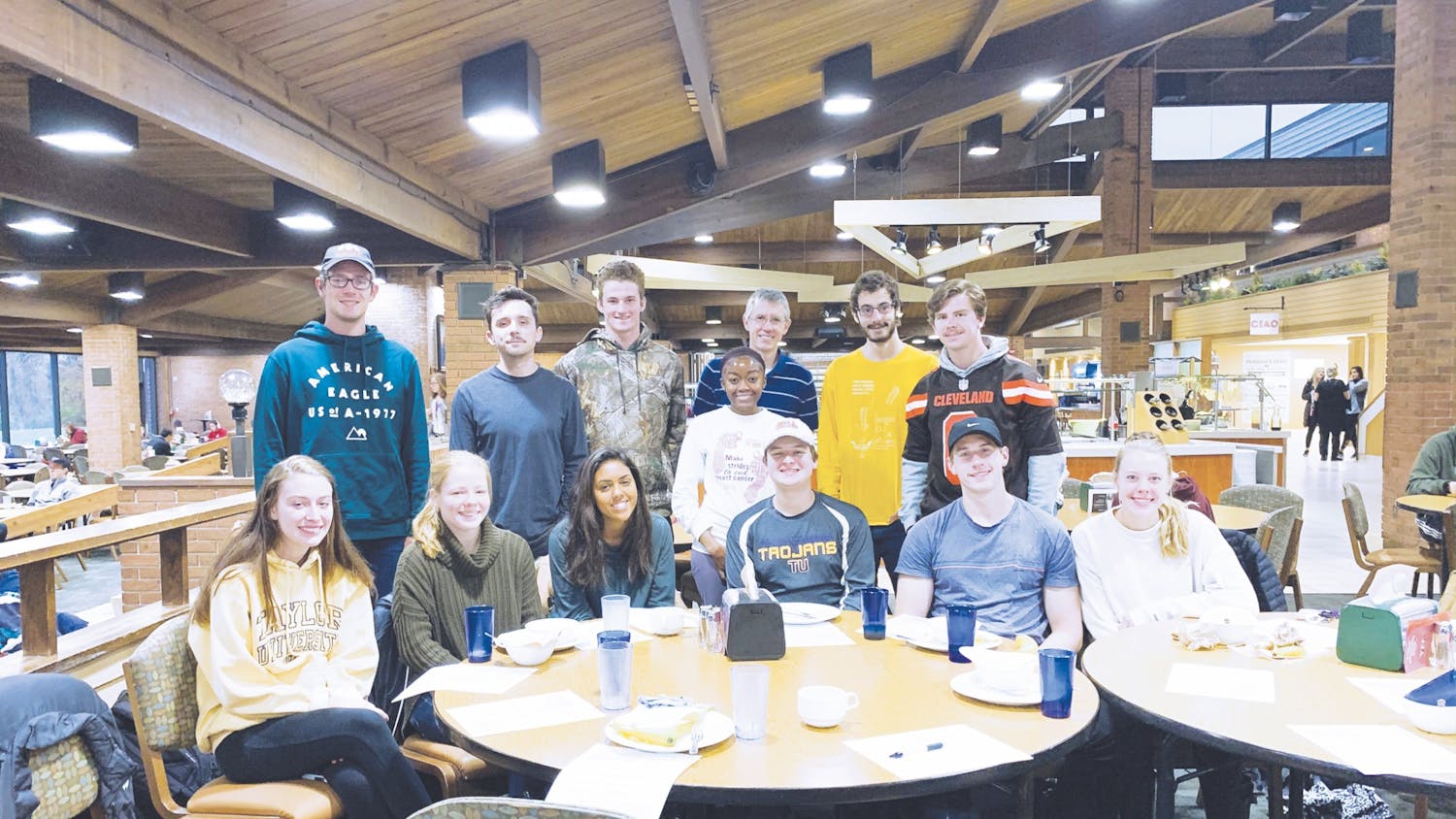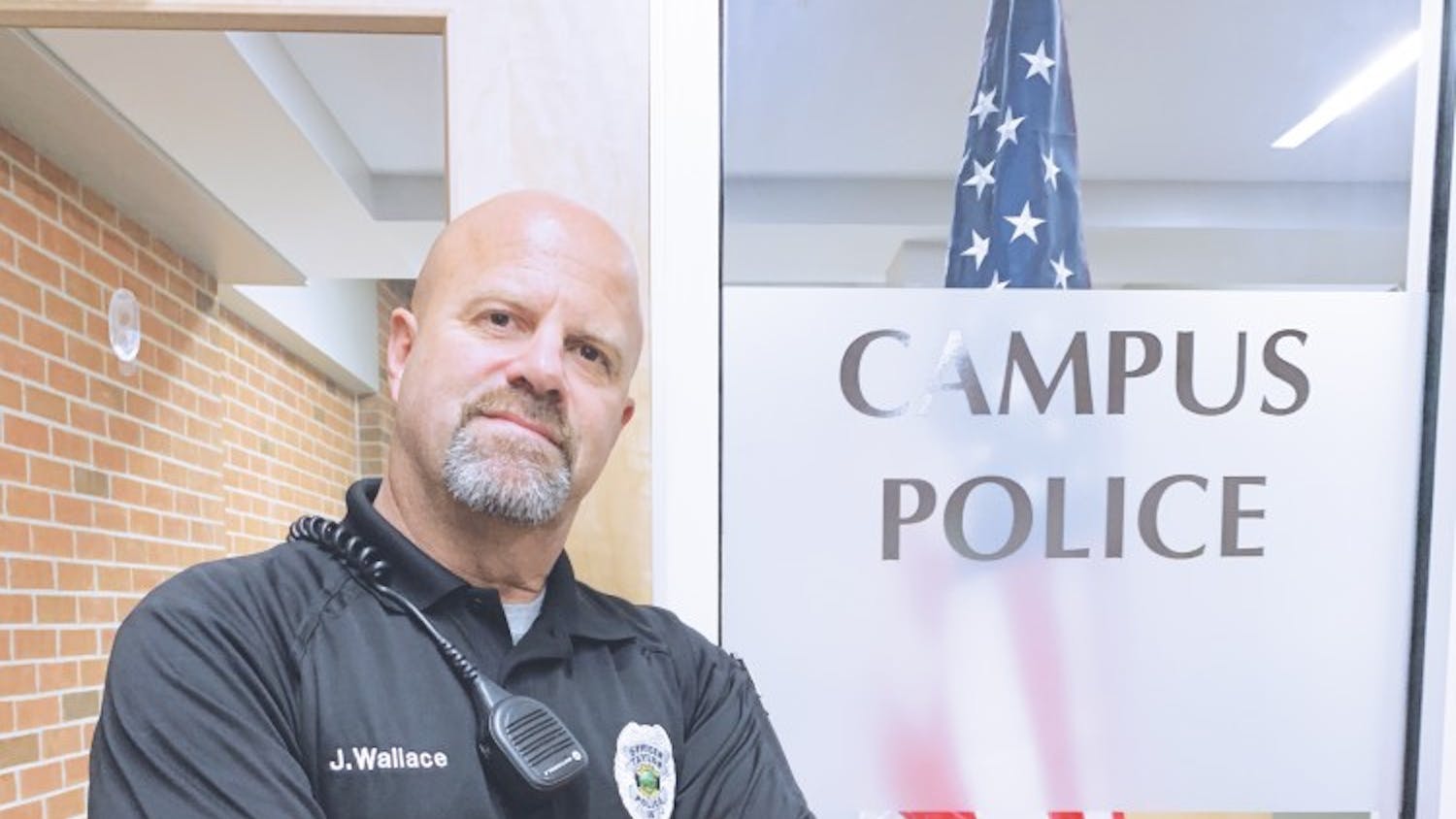The first ever Midwest “cyber battalion” will be based in Indiana, Governor Eric Holcomb announced on Oct. 22.
Cybersecurity is an ever-growing occupational field focused on the wellbeing of culture and society through technology.
“The 127th Cyber Battalion will be comprised of nearly 100 soldiers who will be trained on cyber security and cyber warfare,” stated the Army Times.
On Oct. 22, The Indiana National Guard stated on their website that they are looking to collaborate with information technology specialists from local and statewide businesses, most of whom are already in place as cybersecurity attendants.
The battalion will be trained in the Muscatatuck Urban Training Center, located southeast of Indianapolis.
Holcomb looks forward to the placement of this battalion.
“Warfare is becoming increasingly digital and it’s an honor for Indiana to be home to those who protect our country from computer-generated threats,” Holcomb said.
But the government isn’t the only group advancing their cyber-security training.
Taylor’s computer science department has their own cybersecurity major, in which students are equipped with the proper tools to move into careers of cybersecurity, such as this new cyber battalion.
This recent major was added in December of 2016, and hopes to integrate Taylor students into a growing world of technology and defense.
According to Matt Getgen, freshman cybersecurity major, it’s important for America to have cybersecurity as other countries are building up their own programs.
Dannie Stanley, associate professor of computer science and engineering, said although having a cybersecurity battalion in Indiana is good and important, curriculum in the computer science and engineering department at Taylor would equip graduates to work more “behind the scenes,” as opposed to on the front lines of a battalion.
“We equip students more so to build the technology, as opposed to using the technology,” Stanley said. “Our students are certainly able to perform in those roles but our graduates are also going to work at national defense contractors (such as Lockheed Martin) and various three-letter agencies under the US Department of Defense.”




